Zac Schultz:
In the July version of the Marquette poll 41% of the respondents who had heard about the John Doe investigation said it was just more politics, versus the 31% who said it was really something serious. No matter your view, we learned a lot more about Governor Scott Walker's role when a large number of documents in the case were released by a federal court last Friday, including some documents that were not supposed to be released. That includes evidence that Governor Walker personally asked for donations to sent to a third party issue group called the Wisconsin Club for Growth. Portions of emails released show Walker's aids wanted him to tell big money Republican donors they could gives a much as they wanted and the donations would remain secret. The prosecutors alleged Walker's aids worked with the Wisconsin Club for Growth to then to send that money to other groups that ran attack ads against Democrats during the recall elections in 2011 and 2012. Governor Walker maintains his fundraising for the Wisconsin Club for Growth was legal, but prosecutors say it falls under the category of coordination between a candidate and third party interest groups, which is not legal. We should remind our viewers, this investigation has been halted by both a state and federal judge. Governor Walker maintains he is not a target of the investigation. Here to answer some questions about how Wisconsin campaign finance laws work is Mike Wittenwyler, an attorney with Godfrey and Kahn. He's a campaign finance law specialist. Mike, thank you for joining us today.
Mike Wittenwyler:
Thank you for having me.
Zac Schultz:
I know you can't speak to anything specific in the John Doe case. We'll keep this general. But generally speaking, what is coordination between a candidate and a third party issue group.
Mike Wittenwyler:
Sure. What this is related to is the way that campaign finance law works is it’s divided between those that are on the candidate side of the equation and the independent group side of equation. This all goes back to a Supreme Court decision in 1976 that treats the regulation of money and politics differently depending on whether or not it’s independent speech or candidate speech.
Zac Schultz:
When there’s coordination, the candidate's not allowed to speak with them? What can– Who can talk to who?
Mike Wittenwyler:
Think of it this way, there’s essentially a wall in politics between those that sponsor independent communications and the candidates that may or may not benefit or be subject to a negative message out of that communication. They are on two different sides of a wall. There's the candidate side and the independent side. At the same time, it’s only about the communication itself. It's not, and I say this constantly to people, the person on the independent side of the wall doesn’t need to become a monk and avoid all contact with people. It's just, when it’s specifically about the communication itself, it needs to remain independent.
Zac Schultz:
So is coordination illegal under Wisconsin law?
Mike Wittenwyler:
We have a standard that sets forth what is impermissible coordination. So Wisconsin has an advisory opinion. It's never been put into statute, it's never been put into administrative rule. But we have an advisory opinion from 2000 that sets forth a standard for what would be impermissible coordination under Wisconsin law.
Zac Schultz:
What kind of evidence would a prosecutor need to actually bring one of these cases?
Mike Wittenwyler:
Essentially, they would need a significance amount of evidence that shows that there has been a request or suggestion by a candidate regarding a communication. Because again, it’s not enough that someone knows about what others are doing, it’s not enough to just have communications with somebody talking about fundraising or anything else. You have to show that you have a candidate or a candidate’s agent who control the communication. And that is a vary high standard to meet.
Zac Schultz:
And it’s never been done?
Mike Wittenwyler:
We have never had a prosecution in Wisconsin, at least, that’s gone all the way to that. Allegations of coordination are always easy to make. Investigations are rare. Prosecutions actually finding somebody that actually engaged in coordination is the true exception.
Zac Schultz:
What are the penalties for this?
Mike Wittenwyler:
In the event that someone impermissibly coordinated, I mean, typically what happens in Wisconsin is one pays a financial penalty. There’s some sort of a stipulation as to a dollar amount of forfeiture that you would pay. It depends on what the dollar amount is and who's been involved.
Zac Schultz:
But there's no jail time associated with this?
Mike Wittenwyler:
No. Fortunately for campaign finance and fortunately for free speech in this country, we generally don’t jail people for engaging in certain independent speech activities.
Zac Schultz:
I know there’s confusion about what is an expressed advocacy group and what is an issue group, and what line is between those two?
Mike Wittenwyler:
Well, the way that you can think of political speech in this country is that, and again, this comes out of the same 1976 US Supreme Court decision, is that political speech is broken into two categories, express advocacy which tells people how to vote for or against a clearly identified candidate, and then everything else that’s issue advocacy. Express advocacy is what's regulated under Wisconsin campaign finance law. Our Chapter 11 of the state statutes doesn’t regulate anything except for express advocacy. If you haven't engaged in express advocacy, you are not subject to regulation under Wisconsin campaign finance law. Issue advocacy is the grassroots lobbying communication. It doesn’t tell you how to vote for or against a candidate.
Zac Schultz:
With all of the questions out there regarding free speech and campaign finance nationally with the Supreme Court decisions, do we even know where Wisconsin law stands in terms of will it hold up in any court under any circumstances?
Mike Wittenwyler:
I mean that I think that– Again, we have an advisory opinion from 2000 on coordination. We had the two investigations by the Government Accountability Board as to what people allege was coordination in Wisconsin. Neither of them resulted in even a finding to go forward with a civil investigation, a civil proceeding. I think we have a clear standard on what coordination is. The difficulty is is that when people try to expand what that is, or if you try to adjust that, the place that you do that is through statutes or through administrative rules. I mean, that’s where what needs to happen– As you and I were talking about earlier, there was a court case earlier this year where the seventh circuit in Chicago said that the problem with Wisconsin's campaign finance law is it hasn't kept up with the practical changes in politics these days.
Zac Schultz:
And that seems to be where we're at. We'll have to leave it there. Thank you very much for your time today.
Mike Wittenwyler:
Thank you for having me.
Search Episodes

Donate to sign up. Activate and sign in to Passport. It's that easy to help PBS Wisconsin serve your community through media that educates, inspires, and entertains.
Make your membership gift today
Only for new users: Activate Passport using your code or email address
Already a member?
Look up my account
Need some help? Go to FAQ or visit PBS Passport Help
Need help accessing PBS Wisconsin anywhere?

Online Access | Platform & Device Access | Cable or Satellite Access | Over-The-Air Access
Visit Access Guide
Need help accessing PBS Wisconsin anywhere?

Visit Our
Live TV Access Guide
Online AccessPlatform & Device Access
Cable or Satellite Access
Over-The-Air Access
Visit Access Guide
 Passport
Passport

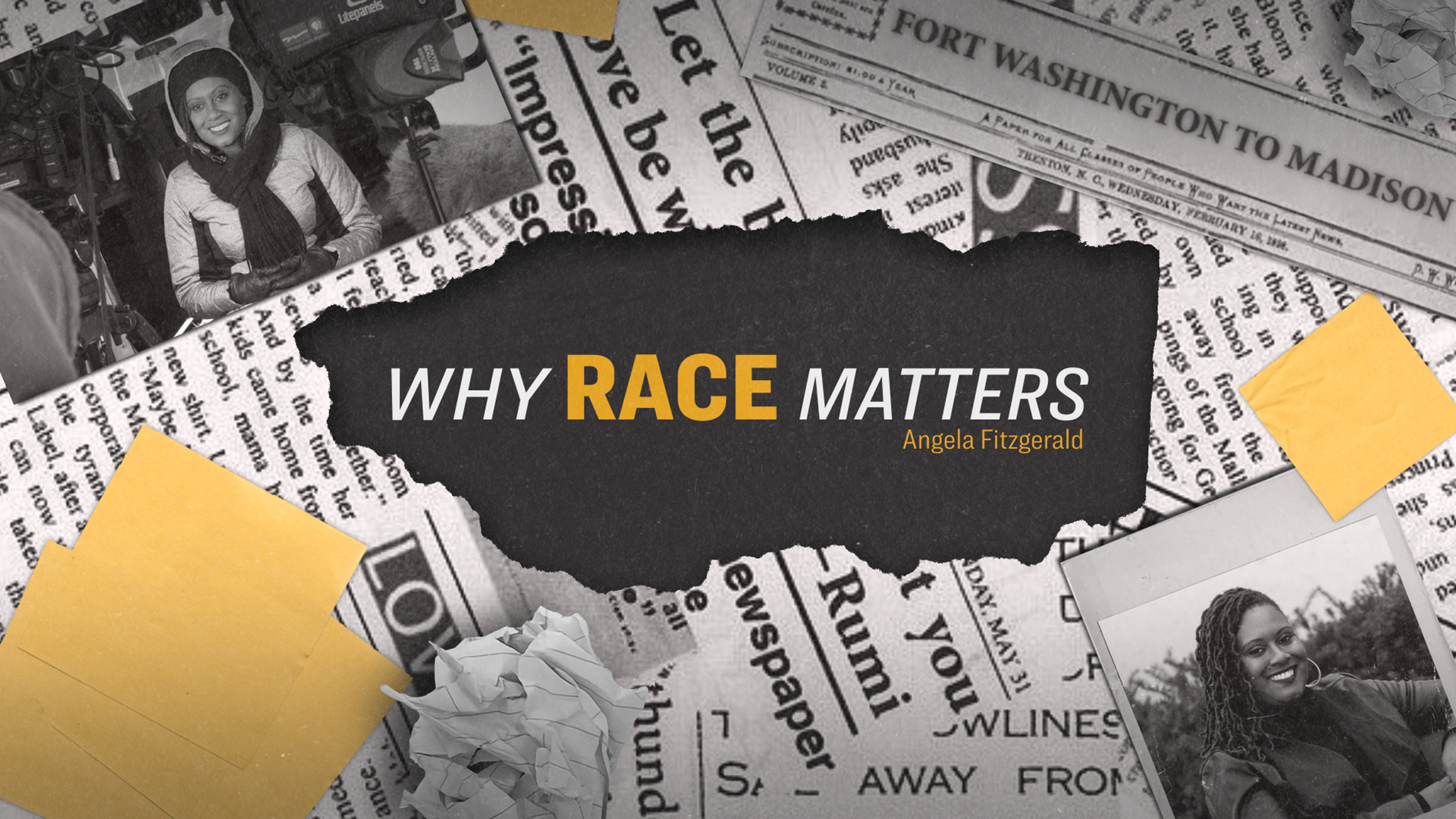



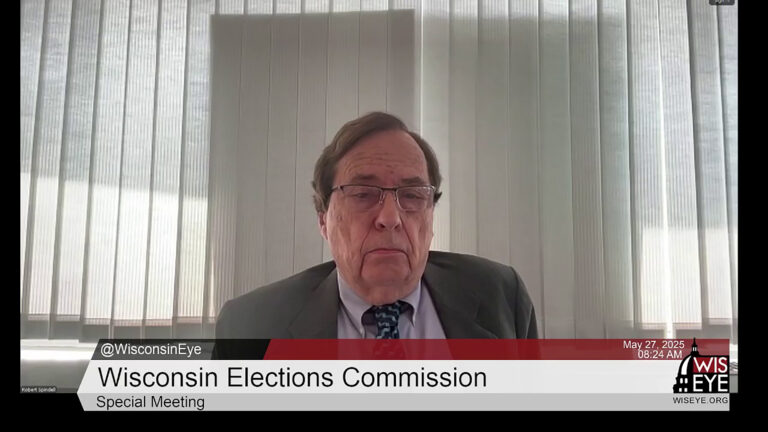
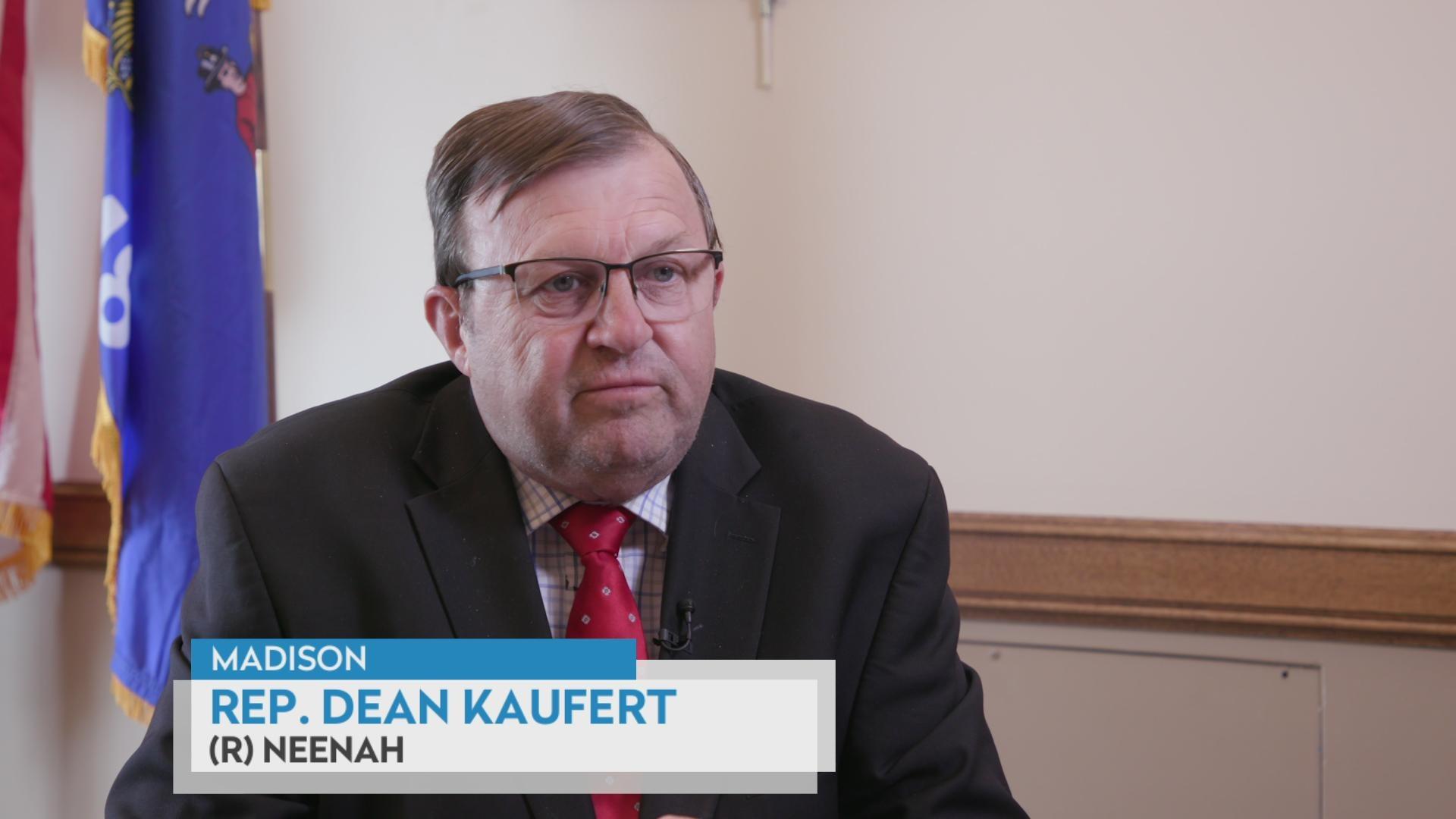
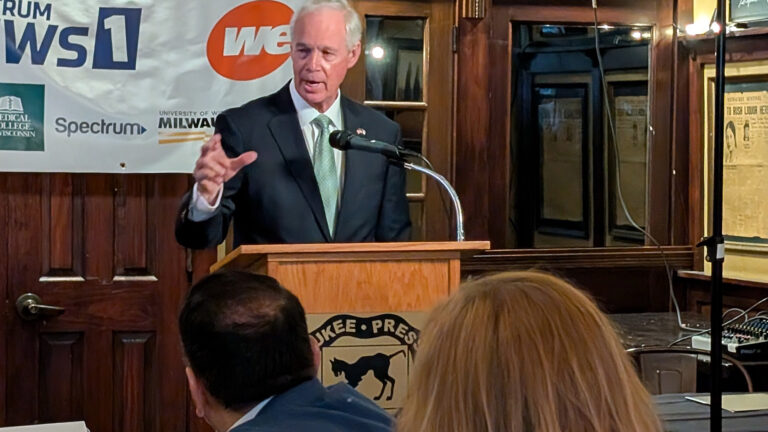

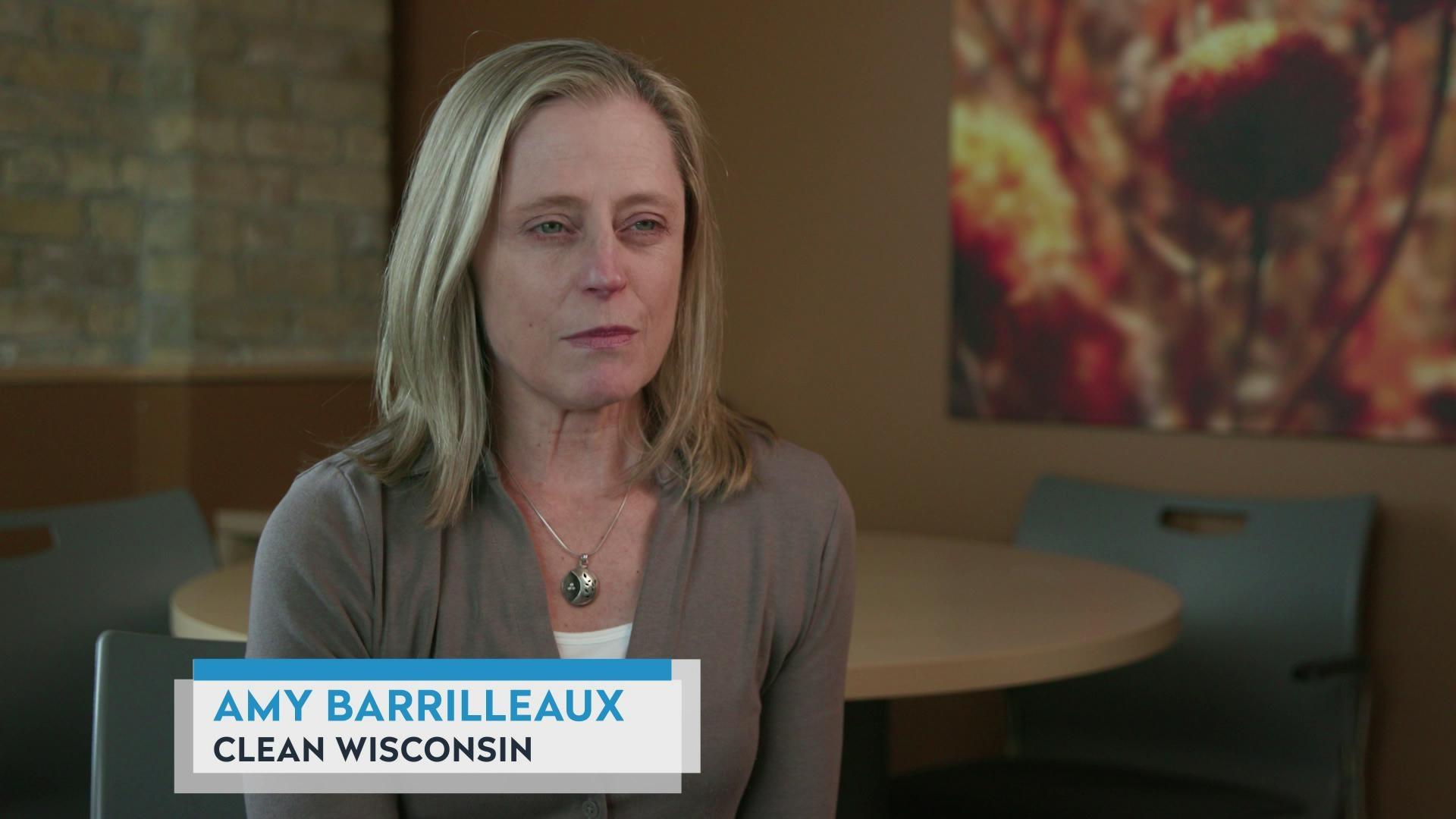
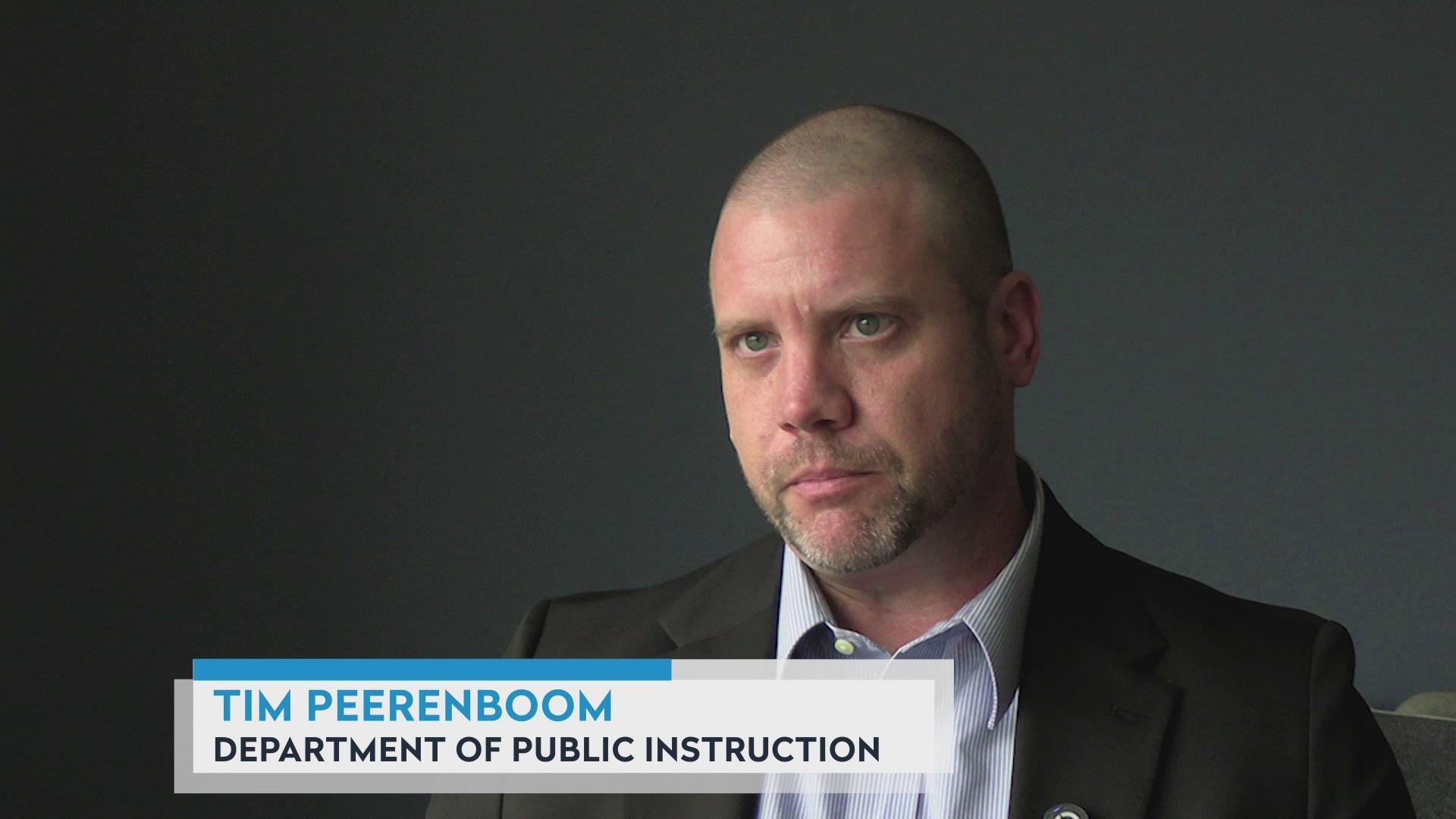
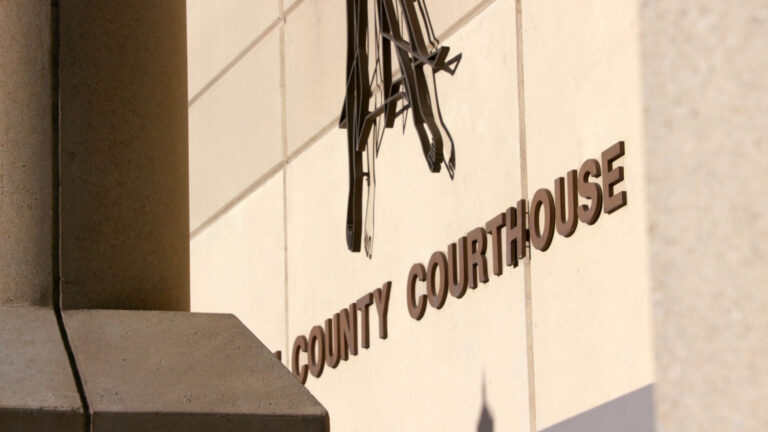
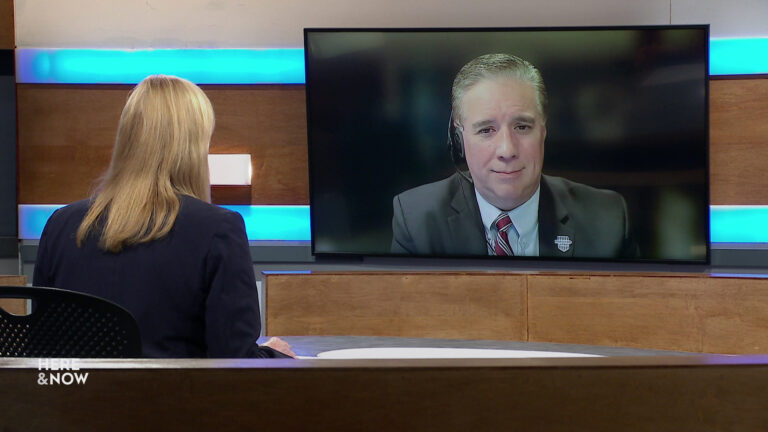

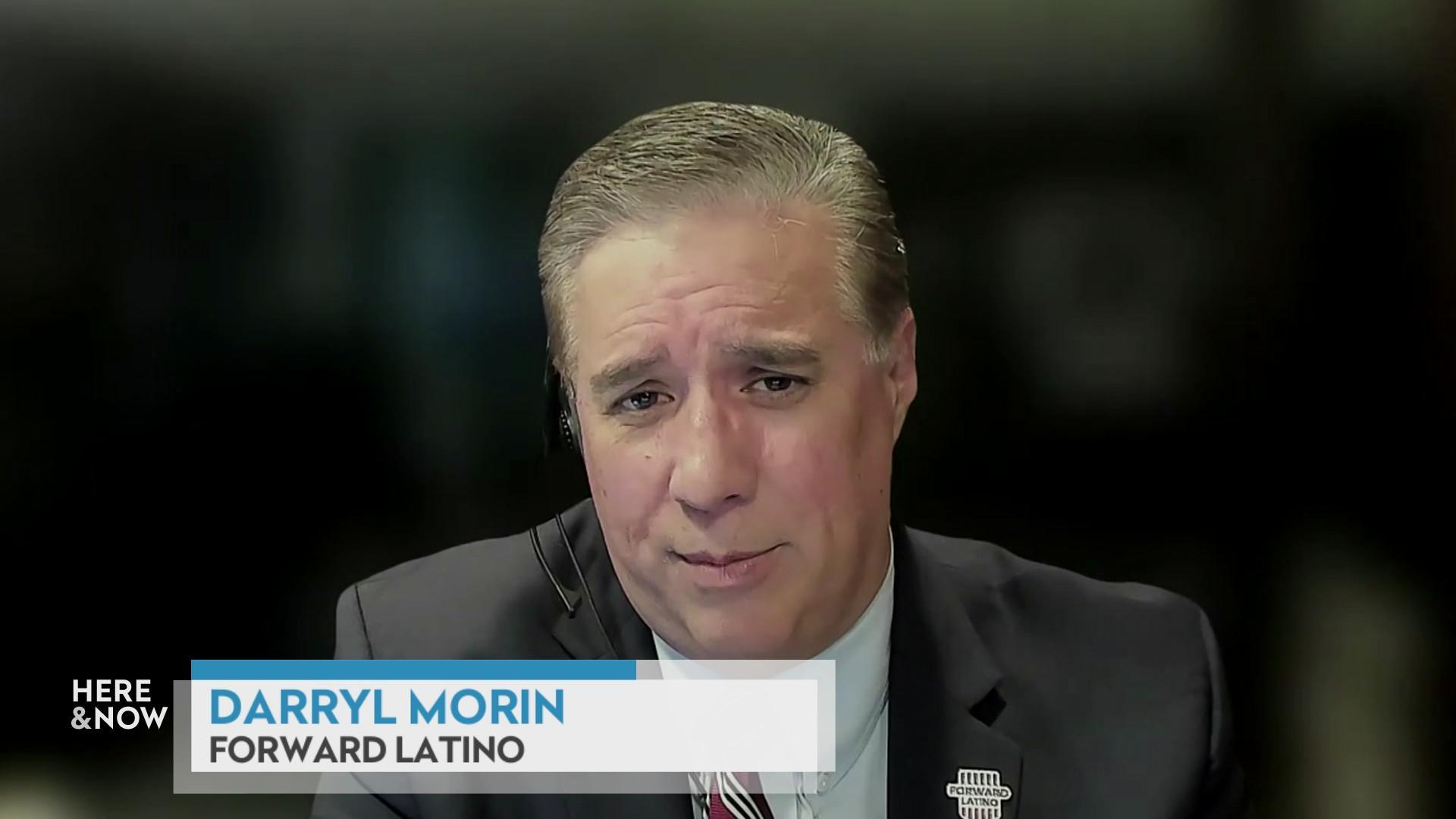
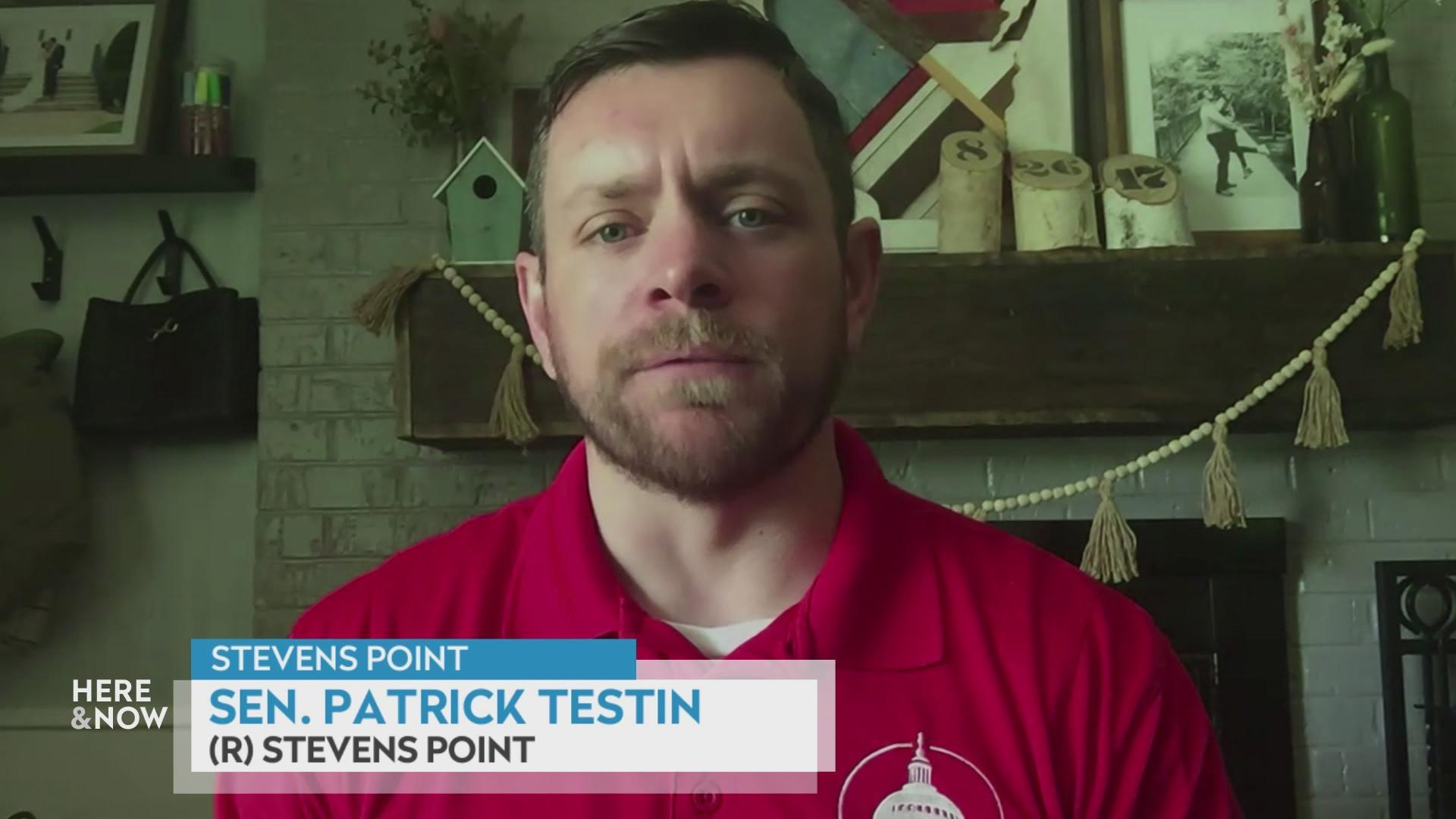
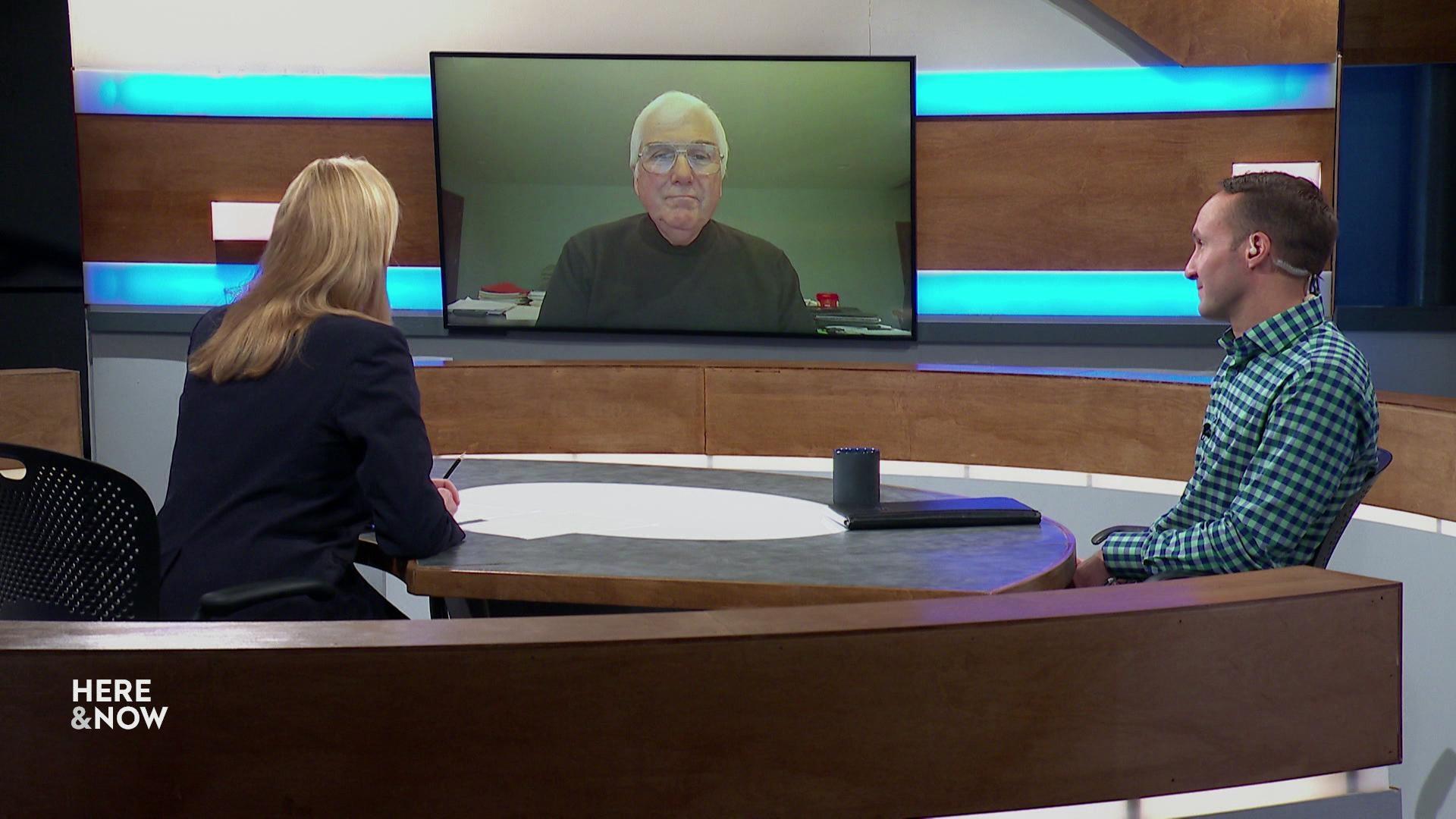


Follow Us